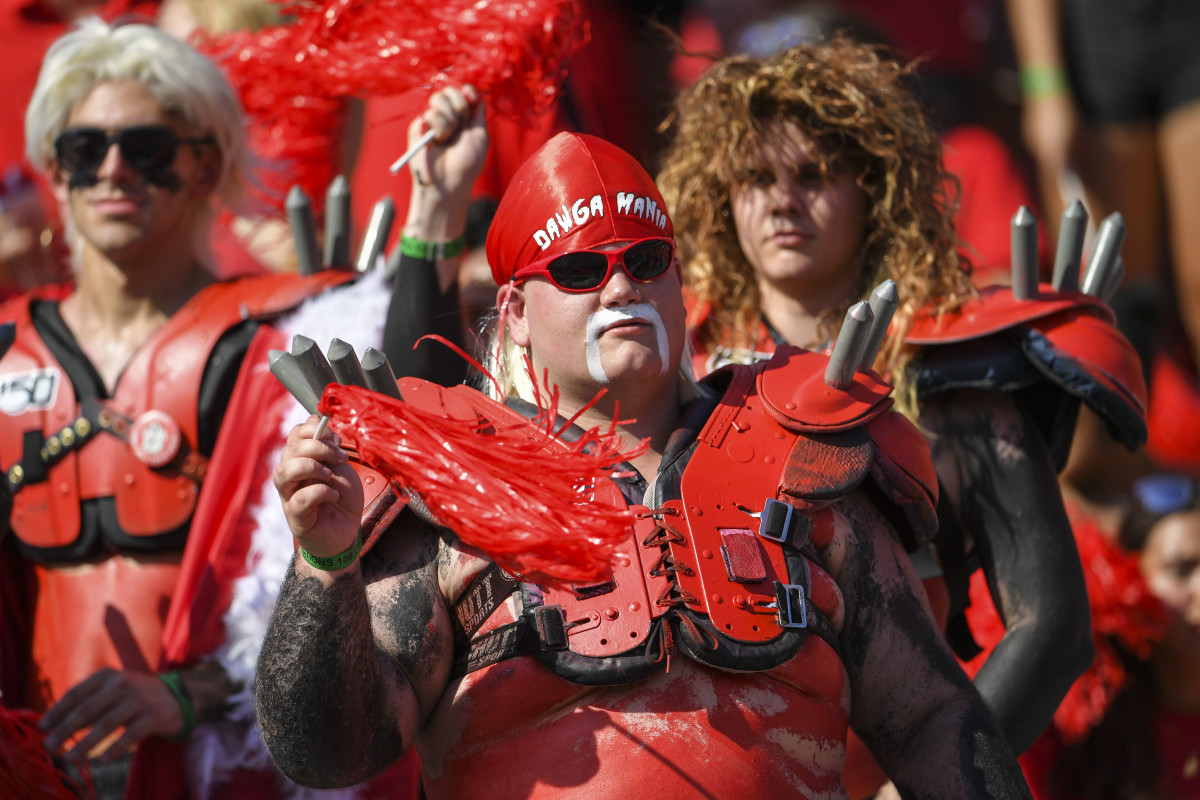There Are Still Plenty of Questions Surrounding the College Football Season
March 11. That's when the sporting world began shutting down with the positive COVID-19 test of Rudy Gobert, a member of the Utah Jazz. And it didn't take long for the rest of the leagues and college programs to start shutting down events.
The SEC basketball tournament stopped play March 12. Georgia's spring practice that was set to begin on March 15 was canceled. The NCAA basketball tournament was obviously shut down.
For the rest of March and on into April and May, college football fans had numerous questions. There were thoughts of a spring football season, thoughts of a canceled season in general. Kirk Herbstreit, for many the voice of college football, even went as far as to say, "From what I understand, people that I listen to, you're 12 to 18 months from a [coronavirus] vaccine. I don't know how you let these guys go into locker rooms and let stadiums be filled up and how you can play ball."
Well, flash forward to June and college football players across the country are reporting back to campus one day at a time, but there are still plenty of questions surrounding this college football season.
Testing
Sure, Power 5 programs like Georgia can afford to have uniform testing. They can afford the estimated $1,000 per athlete to have the necessary testing for the season. However, East Tennessee State, Georgia's second game of the season on Sept. 12, may only be able to afford to monitor the symptoms of their players.
If you've got one program that knows for sure every player is negative for the novel coronavirus and one program that could have asymptomatic players on its roster, there's room for exposure. Which brings us to our next point of concern.
What happens if there's a positive test?
It's the question that's plagued all of the sports leagues, not just football. What happens if a player or staff member tests positive for coronavirus? The incubation period for COVID-19 is 1 to 14 days. So, do you track every person they've been in contact with for up to two weeks and test them? Do you quarantine everyone that's been in contact with them? Do you just keep the show on the road and continue without them?
College football is far different than the professional sporting world because the pro leagues will be able to confine their athletes and staff members under one uniform code of testing and regulation. That's not the case here.

What about fans?
If you thought uniform testing for athletes was a point of concern, the added question of fans at these games is a totally different scenario.
We know there have been discussions of a limited number of fans at these games, adhering to social distancing measures, but how do you decide which fans get to come? There are 58,000 season ticket holders at the University of Georgia. The maximum capacity of Sanford Stadium is 92,746. Let's say they cut that in half at the very least. You're looking at 46,373, which is still almost 12,000 season ticket holders not allowed to go to the game.
Do you have a lottery system to decide who goes? Is there a point system for the tickets similar to the way they handle SEC championships, CFP games and bowl games?
The good news
It seems like there's going to be football this fall. What it's going to look like, we still don't know.
The even better news? Look how far we've come in this fight against coronavirus in just a matter of months and the information we've gathered on this foreign virus. By the time September rolls around, barring some type of second wave—which is something everyone is rightfully concerned about—this conversation could look and sound totally different.
You can follow us for future coverage by clicking "Follow" on the top righthand corner of the page. Also, be sure to like us on Facebook @BulldogMaven & follow us on Twitter at @DawgsDailySI.
